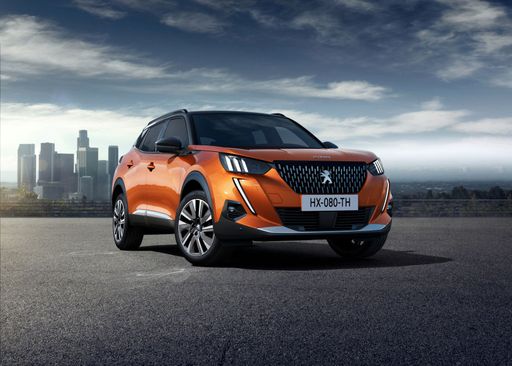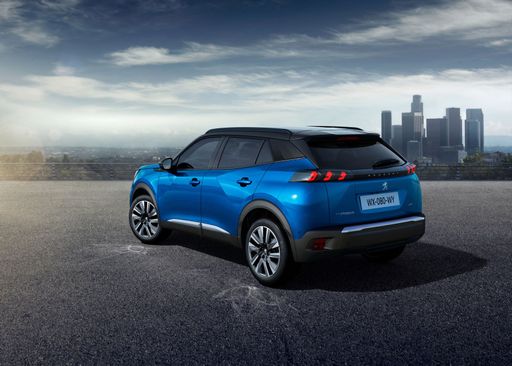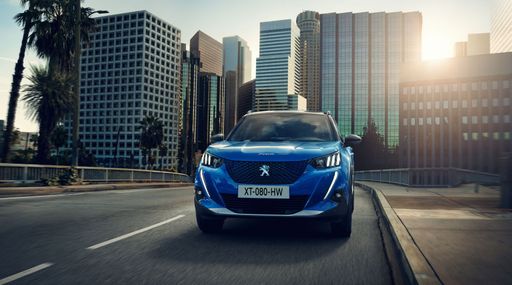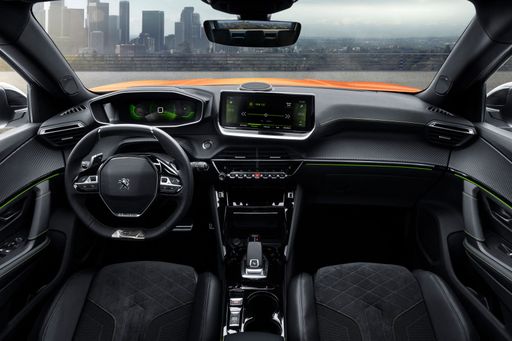Compact SUVs Face Off: Peugeot 2008 vs. Toyota Yaris Cross
The landscape of compact SUVs is an ever-evolving battlefield where innovation meets timeless design. Both the Peugeot 2008 and the Toyota Yaris Cross have made waves in this niche by offering unique takes on modern driving requirements. Let's pit these two contenders against each other to see how they stack up in terms of innovation, performance, and practicality.











